OpenAI received $40 billion in financing, and its valuation soared to $300 billion, becoming one of the world's largest private companies.
According to the Financial Times, OpenAI has just completed one of the largest private financings in history, with a $40 billion financing led by SoftBank, bringing its valuation to an astonishing $300 billion. Among them, SoftBank's investment accounted for 75% (or $30 billion), and other investors included Microsoft, Coatue Management, Altimeter Capital and Thrive Capital.
According to reports, investors will invest funds in two parts: the first round of $10 billion will be available immediately, and the remaining $30 billion will be injected by the end of 2025, but OpenAI is required to complete the transformation into a traditional for-profit company. According to OpenAI's official news, this round of financing aims to further promote cutting-edge research in artificial intelligence, expand computing infrastructure, and optimize product experience for global users. OpenAI said: "This round of financing will enable us to expand global computing power, improve model training efficiency, and provide more powerful tools for the 500 million people who use ChatGPT every week."
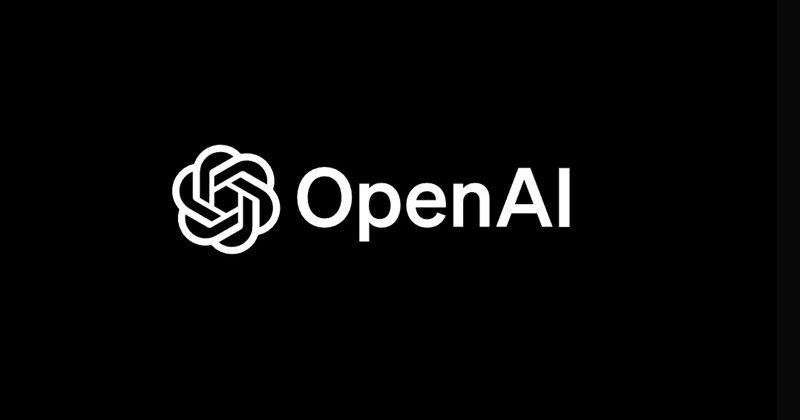
ChatGPT users surge
Along with the announcement of the financing, OpenAI CEO Sam Altman revealed on X (formerly Twitter) that ChatGPT has added 1 million users in the past five days alone, indicating that its global user base is still expanding rapidly. In particular, the recent enhancement of image generation capabilities has brought users a stronger interactive experience, but also increased the consumption of GPU resources.
Altman even rarely posted a request for users to "slow down the speed" and said that "ChatGPT is eating up all our GPUs." This not only reflects the popularity of OpenAI models, but also highlights the importance of computing infrastructure in the field of generative AI.
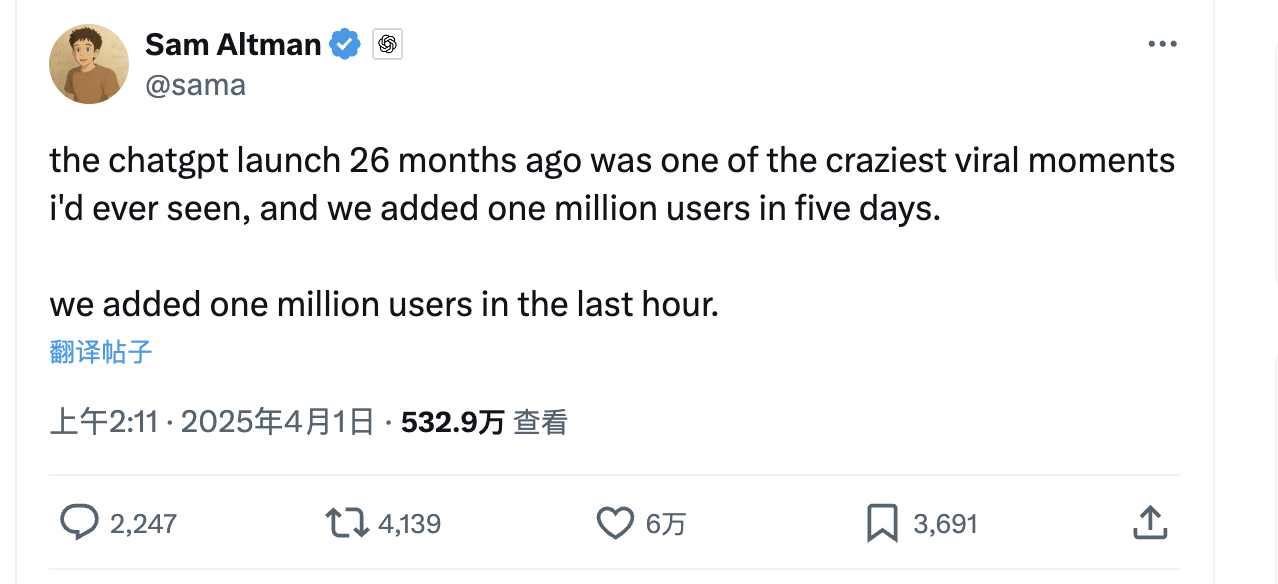
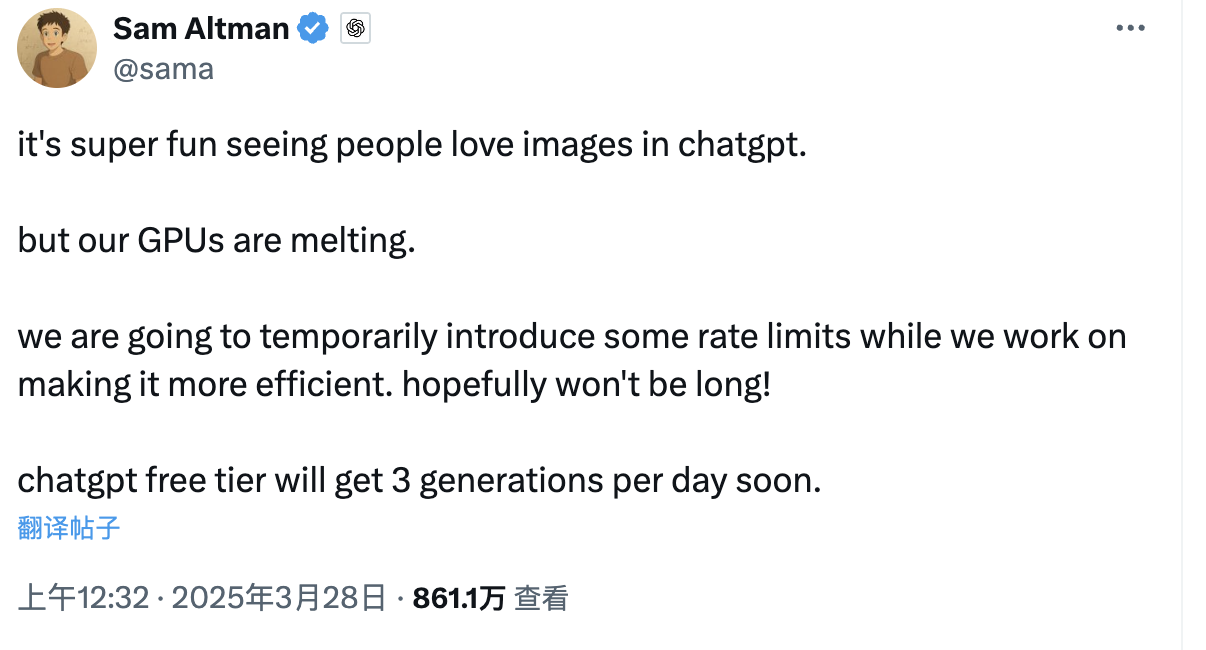
SoftBank continues to bet heavily on the AI track
In a statement, OpenAI praised SoftBank as a "leader in expanding transformative technologies" and emphasized its indispensable strategic role in the global AI infrastructure layout. This cooperation is not accidental or the first time. At the beginning of this year, OpenAI, SoftBank and Oracle announced the launch of a grand strategic plan called "Project Stargate", planning to invest in the construction of ultra-large-scale AI data centers in multiple regions in the United States in the next four years, with a total budget of up to US$500 billion. These data centers will provide the top computing resources required for the training, deployment and real-time reasoning of global AI models.
The significance of this project goes far beyond improving OpenAI's own computing power, and is also regarded as a key puzzle in building the "next generation AI infrastructure base". SoftBank plays the dual role of "investor + infrastructure collaborator" in it, not only providing financial support, but also relying on its layout in the global technology supply chain to help the project land quickly.
It is worth noting that SoftBank still chose to bet heavily on OpenAI in the context of an increasingly cautious global technology investment environment, revealing its firm belief that "AI will dominate the next technology cycle." For OpenAI, this not only means financial replenishment, but also wins a super ally who is willing to pay for its AI landing and global expansion in the long term.
The $40 billion investment in OpenAI once again confirms SoftBank's firm bet on the artificial intelligence track. As one of the giants of global technology venture capital, SoftBank Group has been deeply involved in cutting-edge technology fields such as AI, robotics, and chip design for a long time, and has played the role of "early promoter" or "strategic capital" in many key projects such as Arm, NVIDIA, Boston Dynamics, Cruise, and SenseTime.
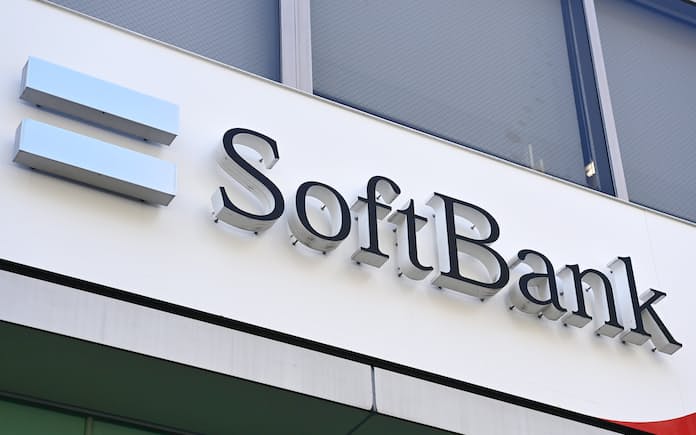
Valuation jumps to $300 billion, AI "unicorn" crowned king
After this round of financing, OpenAI's valuation reached $300 billion, ranking second in the world's unlisted technology company, second only to SpaceX. This data not only shows the market's confidence in OpenAI's commercialization path, but also indicates that the era of general artificial intelligence (AGI) is approaching.
At present, OpenAI has launched a number of popular products, including ChatGPT, DALLE, etc., and provides model access services to hundreds of thousands of developers and enterprises around the world through APIs. At the same time, its in-depth cooperation with Microsoft Azure has also promoted the widespread application of AI capabilities in office, search, content generation and other scenarios.
Against the background of competitors such as DeepSeek and Meta actively promoting open source strategies, OpenAI has also recently released a strong "open" signal. CEO Sam Altman announced at X a few days ago that the company will release the first open weight language model since GPT-2 in the next few months, with powerful reasoning capabilities, and plans to support local operation.
This shift is seen as a correction by OpenAI to its long-term closed model strategy, and may also be a direct response to increased external competition. Altman said, "We have been thinking about this issue for a long time, and now it feels important." This upcoming open model may have the same reasoning capabilities as o3-mini, and is expected to surpass DeepSeek R1 and become one of the strongest open source reasoning models currently.
In order to make this new model more in line with the actual needs of the community, OpenAI has now opened an online feedback channel and will hold a series of developer events in San Francisco, Europe and Asia Pacific in the coming weeks. OpenAI emphasized that it will work closely with developers, researchers and the broader AI community to polish the usability and flexibility of the model.
Although no further information about parameter scale, context window or licensing details has been released, OpenAI's return to "open technology" is undoubtedly an important strategic signal. It not only responds to the long-standing call for controllability and transparency from the developer community, but also indicates that OpenAI is gradually moving from "API closed loop" to a new stage of "open co-construction" in the global AI ecosystem.
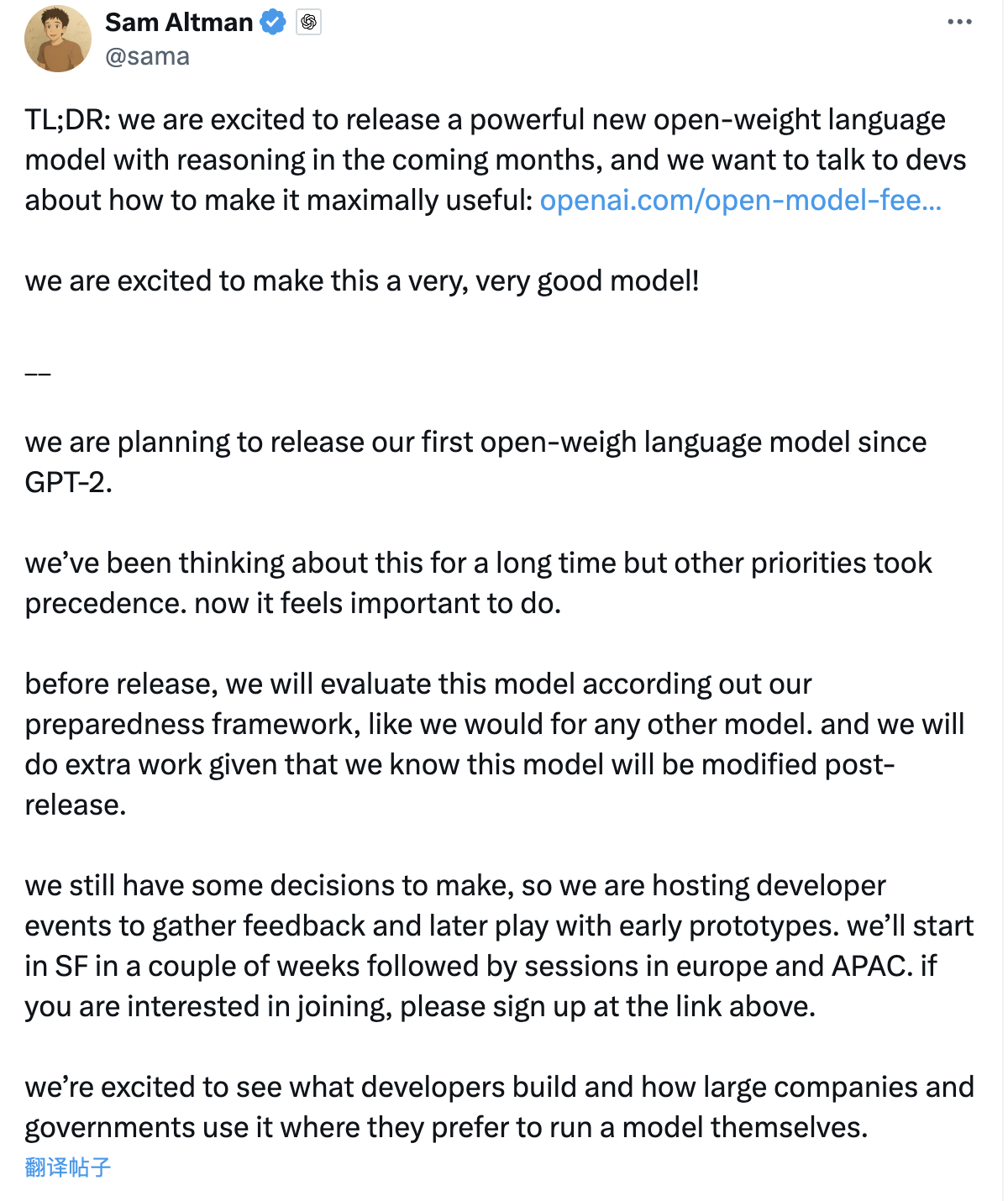
Conclusion
From the scale of OpenAI's financing to the explosive growth of ChatGPT users, to the continued bets from technology giants such as SoftBank and Microsoft, these signals all point to one fact: Generative AI is no longer a future trend, but the main battlefield in reality.
OpenAI, standing at the forefront of this track, is gradually consolidating its position as the "most dominant company in the field of AI".
The question is, will there be other players in the future who can shake its leading edge? Or has this technology competition just begun?











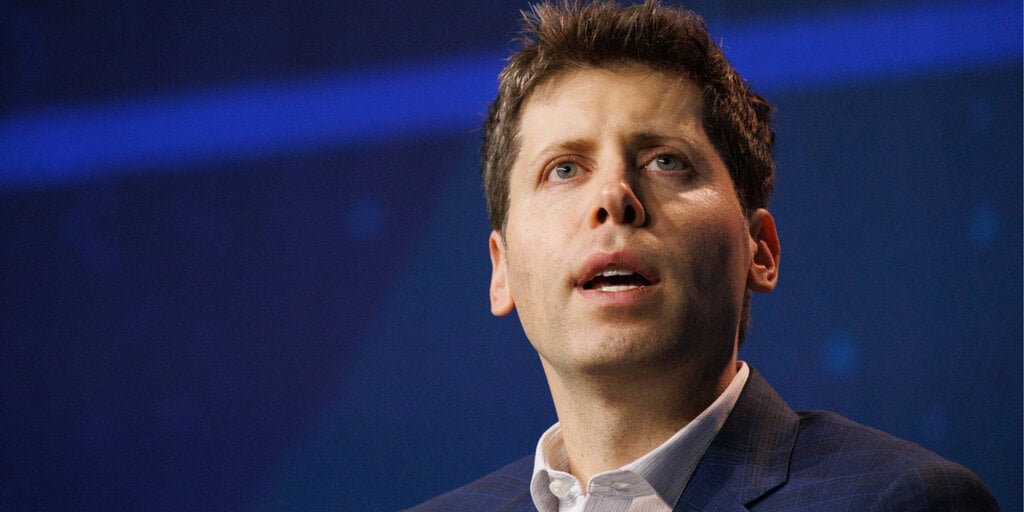



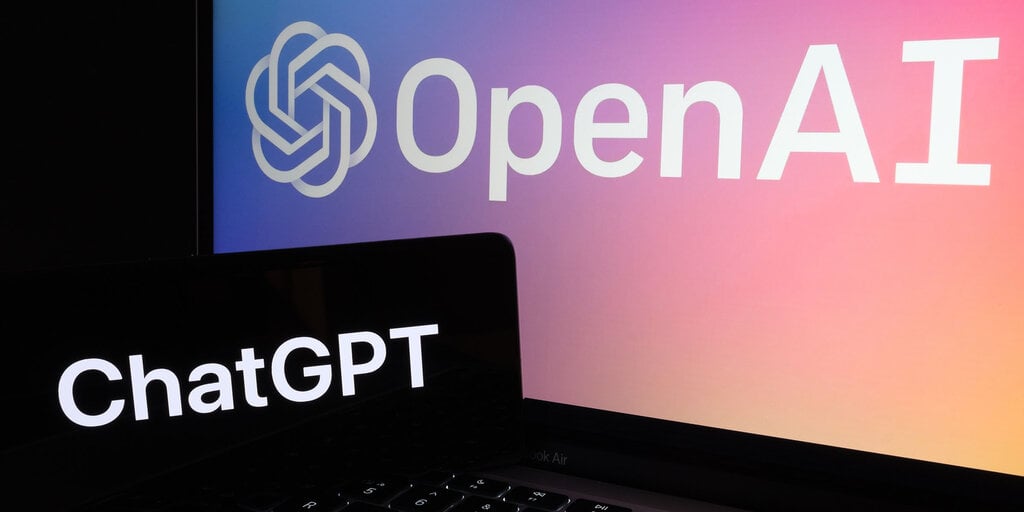
No comments yet